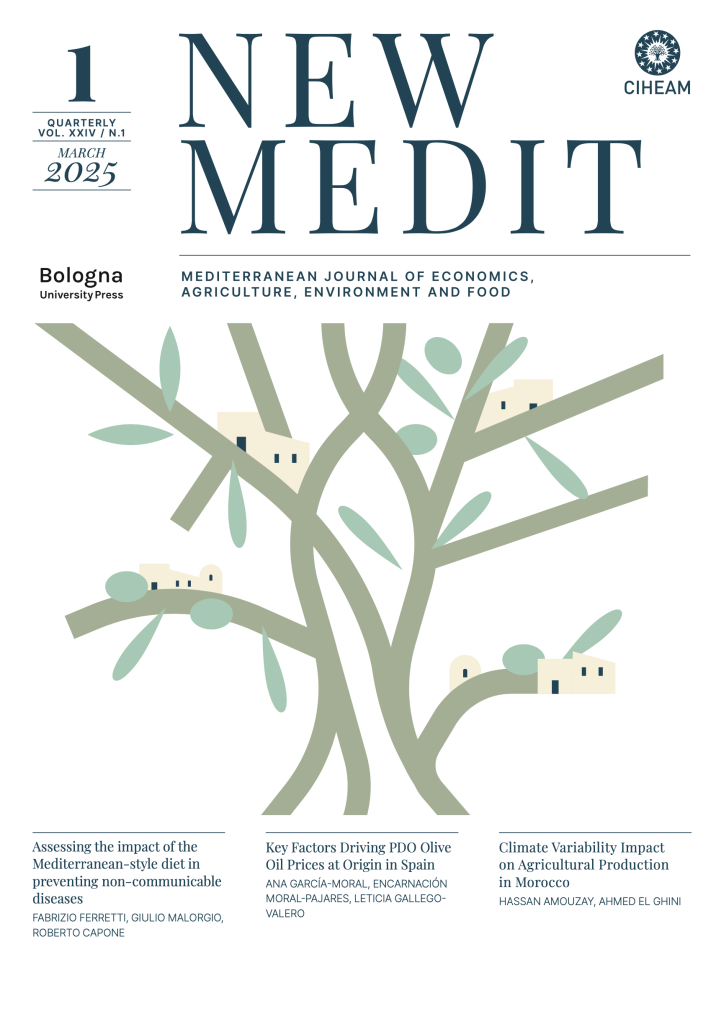Investigating the impacts of EU CAP reform 2014-20 and developments in sustainable olive farming systems
New Medit, vol 16, n.3, (September 2017), pp. 2-10
Language: EN
Jel classification: C54, Q12, Q15, Q18
In this paper, we investigate the adoption of sustainable olive growing practices in relation with the possible impacts of the recent EU CAP reform 2014-20 on diverse olive farming systems, taking Southern Spain as a representative case study. The analysis uses statistical methods and a Positive Mathematical Programming (PMP) model calibrated with the neutral procedure. The PMP model compares the situation of the average olive farm in the baseline year with its position in a simulated year considering two policy scenarios: 1) all production systems are under CAP green payments, 2) only organic and integrated systems are under CAP green payments. Simulations show that for scenario I there is no variation in the area under the different farming systems with respect to the baseline year, nor in the gross-margin-before-aid. Subsidies increase slightly because agricultural policy does not consider the reduction for modulation included in the baseline year. In contrast, in scenario II, areas under integrated and organic farming increase to the detriment of conventional farming. It can be concluded that the distribution rules for green payments set out in the new CAP do not incentivize the adoption of integrated and organic farming. However, alternative policy options, allowing the implementation in the olive sector of environmental measures equivalent to the green schemes implemented in annual crops, could bring about additional positive effects in terms of redistribution of aid from less to more environmentally friendly farming practices. This outcome would contribute to both better rewarding the public goods generated through this public aid and boosting the legitimacy of the CAP transfers.
CAP reform 2014-20, PMP, policy impact analysis, sustainable olive farming.











